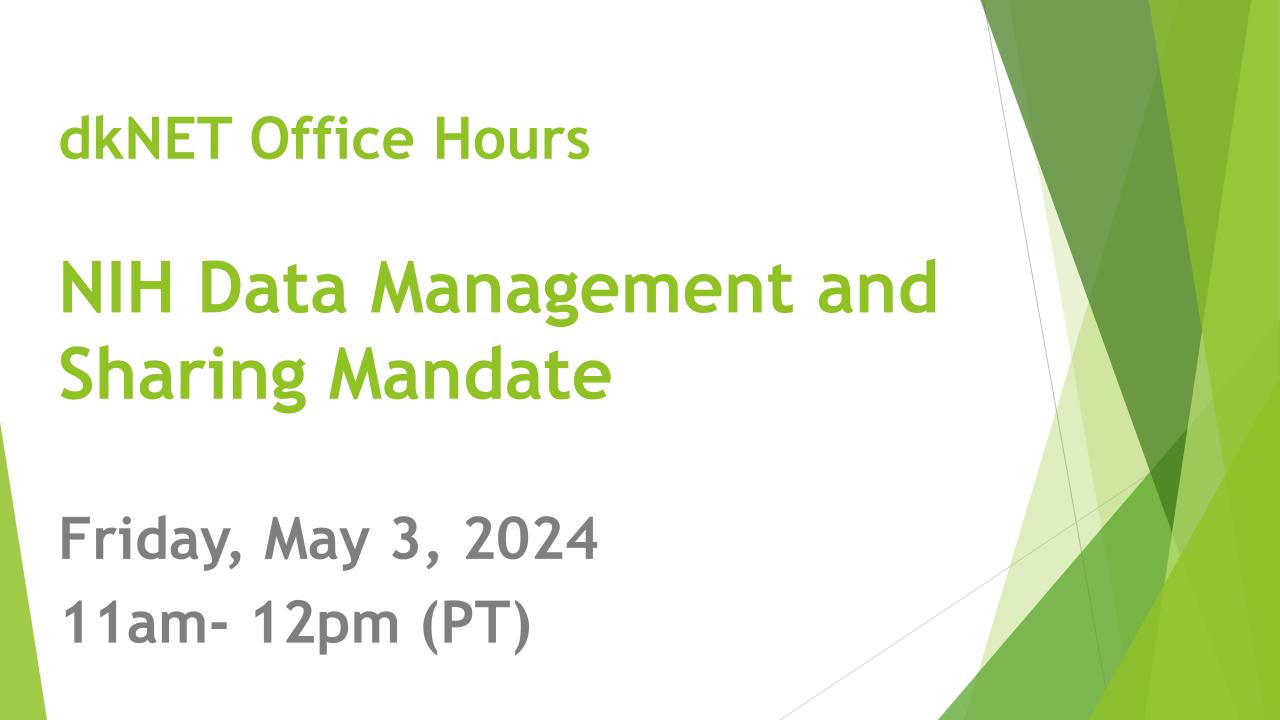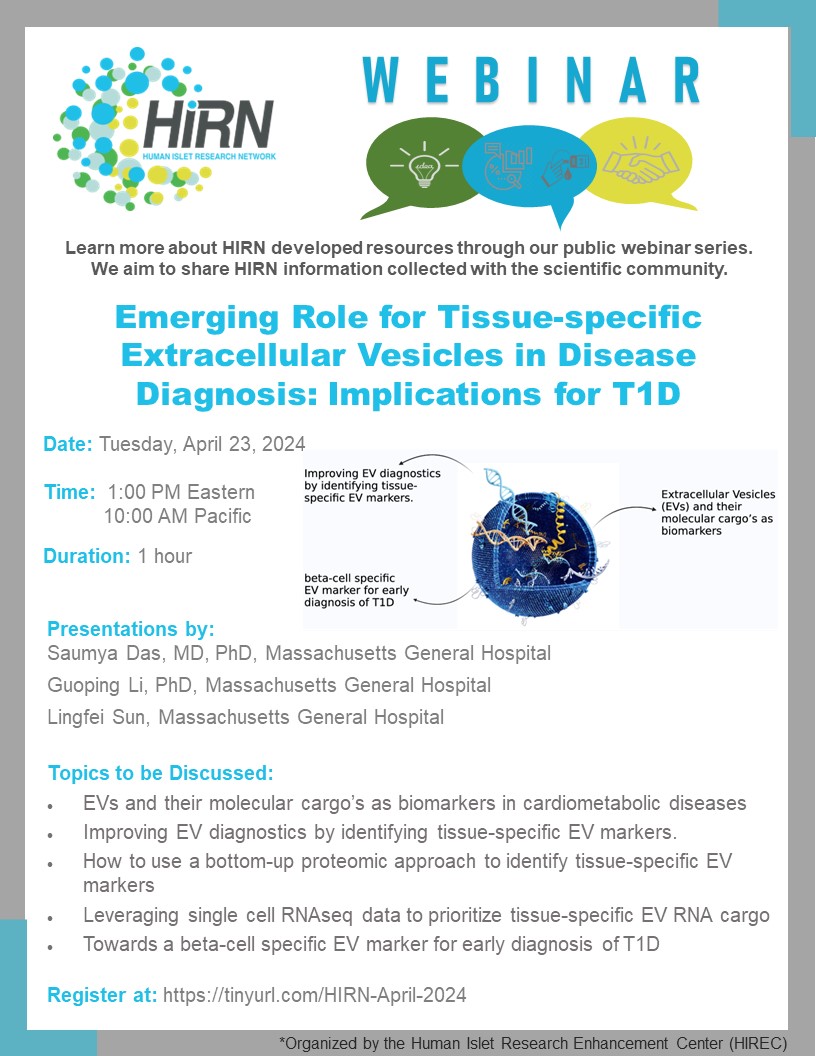Leaving Community
Are you sure you want to leave this community? Leaving the community will revoke any permissions you have been granted in this community.
Congratulations to the dkNET team Dr. Chun-Nan Hsu and co-authors on publishing a paper "Antibody Watch: Text Mining Antibody Specificity from the Literature" in PLOS Computational Biology!
Congratulations to Dr. Chun-Nan Hsu and co-authors from the dkNET team, RRID team, FAIR Data Informatics Lab at University of California San Diego, and collaborators at National Central University in Taiwan on publishing a new paper "Antibody Watch: Text Mining Antibody Specificity from the Literature" in PLOS Computational Biology!
Here is the abstract and summary from the PLOS Computational Biology:
"Antibody Watch: Text Mining Antibody Specificity from the Literature
Chun-Nan Hsu, Chia-Hui Chang, Thamolwan Poopradubsil, Amanda Lo, Karen A. William, Ko-Wei Lin, Anita Bandrowski, Ibrahim Burak Ozyurt, Jeffrey S. Grethe, Maryann E. Martone
Abstract
Antibodies are widely used reagents to test for expression of proteins and other antigens. However, they might not always reliably produce results when they do not specifically bind to the target proteins that their providers designed them for, leading to unreliable research results. While many proposals have been developed to deal with the problem of antibody specificity, it is still challenging to cover the millions of antibodies that are available to researchers. In this study, we investigate the feasibility of automatically generating alerts to users of problematic antibodies by extracting statements about antibody specificity reported in the literature. The extracted alerts can be used to construct an “Antibody Watch” knowledge base containing supporting statements of problematic antibodies. We developed a deep neural network system and tested its performance with a corpus of more than two thousand articles that reported uses of antibodies. We divided the problem into two tasks. Given an input article, the first task is to identify snippets about antibody specificity and classify if the snippets report that any antibody exhibits non-specificity, and thus is problematic. The second task is to link each of these snippets to one or more antibodies mentioned in the snippet. The experimental evaluation shows that our system can accurately perform the classification task with 0.925 weighted F1-score, linking with 0.962 accuracy, and 0.914 weighted F1 when combined to complete the joint task. We leveraged Research Resource Identifiers (RRID) to precisely identify antibodies linked to the extracted specificity snippets. The result shows that it is feasible to construct a reliable knowledge base about problematic antibodies by text mining.
Author summary
Antibodies are widely used reagents to test for the expression of proteins. However, antibodies are also a known source of reproducibility problems in biomedicine, as specificity and other issues can complicate their use. Information about how antibodies perform for specific applications are scattered across the biomedical literature and multiple websites. To alert scientists with reported antibody issues, we develop text mining algorithms that can identify specificity issues reported in the literature. We developed a deep neural network algorithm and performed a feasibility study on 2,223 papers. We leveraged Research Resource Identifiers (RRIDs), unique identifiers for antibodies and other biomedical resources, to match extracted specificity issues with particular antibodies. The results show that our system, called “Antibody Watch,” can accurately perform specificity issue identification and RRID association with a weighted F-score over 0.914. From our test corpus, we identified 37 antibodies with 68 nonspecific issue statements. With Antibody Watch, for example, if one were looking for an antibody targeting beta-Amyloid 1–16, from 74 antibodies at dkNET Resource Reports (on 10/2/20), one would be alerted that “some non-specific bands were detected at 55 kDa in both WT and APP/PS1 mice with the 6E10 antibody…”"
Learn more details about how Dr. Hsu and colleagues did text mining of antibody specificity from the literature at: https://journals.plos.org/ploscompbiol/article?id=10.1371/journal.pcbi.1008967
Cite this paper: Hsu CN, Chang CH, Poopradubsil T, Lo A, William KA, Lin KW, Bandrowski A, Ozyurt IB, Grethe JS, Martone ME. Antibody Watch: Text mining antibody specificity from the literature. PLoS Comput Biol. 2021 May 27;17(5):e1008967. doi: 10.1371/journal.pcbi.1008967. PMID: 34043624.
Source and more information: https://journals.plos.org/ploscompbiol/article?id=10.1371/journal.pcbi.1008967





